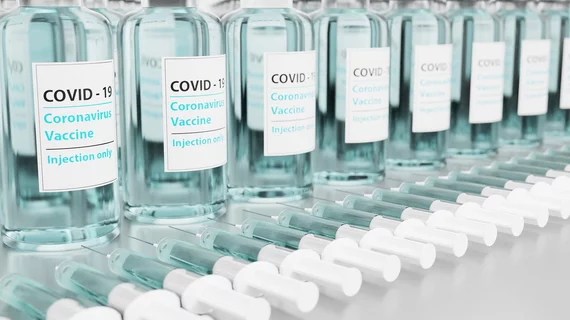COVID-19 vaccines are less effective on the immunocompromised
Immunocompromised individuals are less likely to benefit from COVID-19 vaccines, according to a recent study from the Centers for Disease Control and Prevention.
Roughly 3% of the U.S. population is considered immunocompromised, meaning they live with suppressed humoral or cellular immunity resulting from health conditions or medications. In addition to less benefit from vaccines, immunocompromised people are also more likely to experience severe COVID-19 outcomes than immunocompetent peers.
As such, the CDC recommends that immunocompromised people should receive three doses of the mRNA vaccines (Pfizer-BioNTech or Moderna) plus a booster to overcome these challenges.
The study, which was published in the CDC’s Morbidity and Mortality weekly report, analyzed data from the VISION Network on hospitalizations in people over 18 years old with COVID-like illness across nine states from Jan. 17 through Sept. 5, 2021.
The study found the effectiveness of the mRNA vaccines in immunocompromised people was 77%, while immunocompetent people had efficacy of 90%. However, some immunocompromised people saw lower efficacy rates.
Regardless, “immunocompromised persons benefit from and should receive COVID-19 vaccines,” the CDC concluded.

